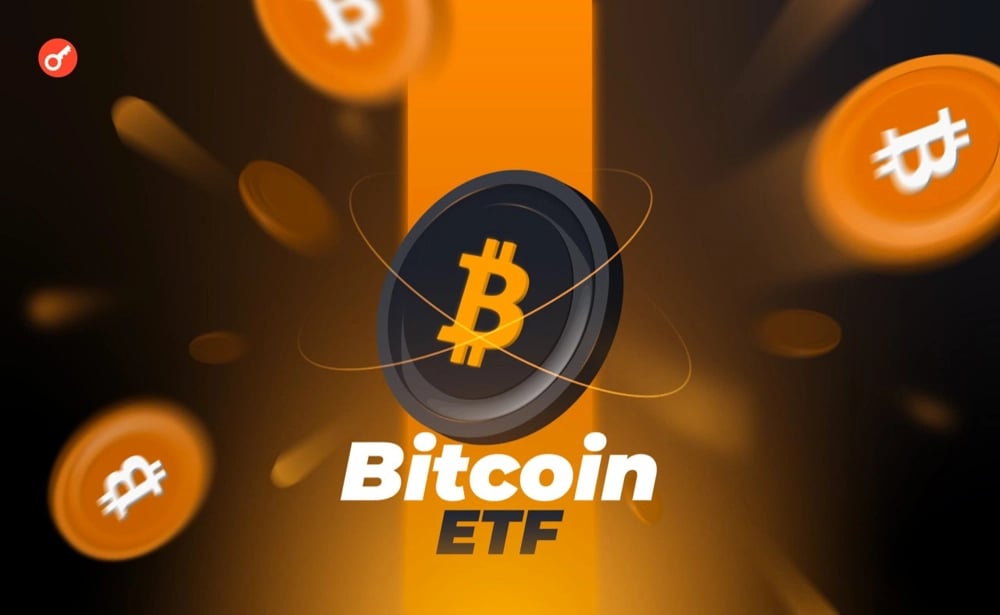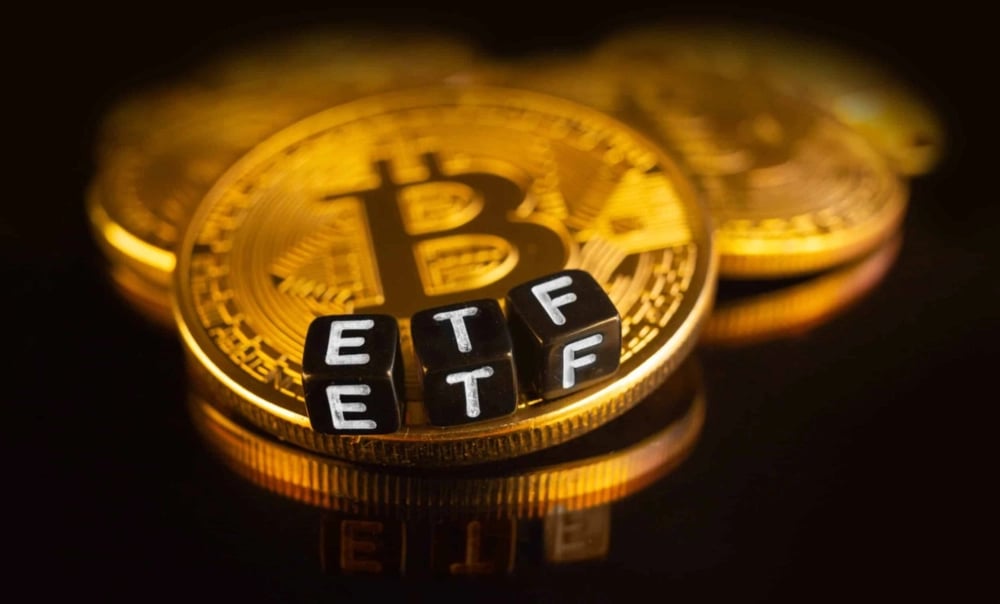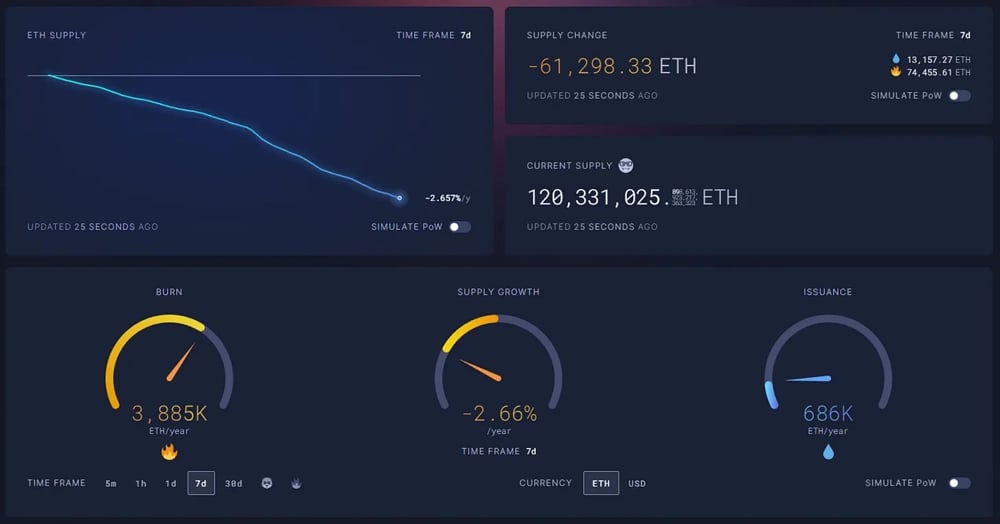Shifting Capital Flows Signal Investor Transition from Gold to Digital Assets
A dynamic shift is underway in the American ETF landscape as investments move away from gold-based funds toward Bitcoin $BTCUSD equivalents. Over the past five weeks, US-listed Bitcoin ETFs recorded net inflows exceeding USD 9 billion, with BlackRock Inc.’s iShares Bitcoin Trust ETF $IBIT attracting the lion’s share. Simultaneously, gold-backed ETFs experienced outflows surpassing USD 2.8 billion, underscoring changing asset preference among institutions and private investors.
Macroeconomic Catalysts Reshaping Preferences
This capital migration aligns with broader market forces. Recent easing of global trade tensions has lessened the allure of established safe-haven stores of value like gold. Concurrently, elevated unease surrounding US financial stability, alongside macroeconomic uncertainty, has enhanced Bitcoin’s position as a viable alternative — increasingly viewed as a digital store of value capable of hedging against systemic risk.

Regulatory Developments and Price Performance
Bitcoin reached a record high of USD 111,980 earlier this month, driven by a mix of favorable regulatory signals and sectoral momentum. Regulatory progress, notably advancements in stablecoin legislation within the US, has fostered a more transparent and accessible environment for digital asset exposure, further propelling investor activity in crypto-linked funds.
Key Drivers Behind Asset Allocation Rebalancing
BlackRock’s IBIT ETF has emerged as the preferred instrument for digital asset exposure, reflecting growing institutional acceptance;
Persistent gold ETF net outflows indicate waning interest in traditional safe havens amid shifting perceptions of risk and opportunity;
Favorable signals from US regulators, particularly regarding stablecoin frameworks, enhance confidence in crypto investment vehicles;
Heightened concerns over fiscal stability and currency risks in the US create incentives for portfolio diversification, benefitting digital alternatives;
Moderation of geopolitical and trade tensions reduces urgency for allocations to physical commodities like gold.

Strategic Implications for Market Participants
This rotation suggests a consolidation of Bitcoin’s reputation as “digital gold”, cementing its status in multi-asset portfolios. As allocators pursue inflation protection and risk diversification, the role of Bitcoin ETFs is likely to grow within both institutional and retail investment strategies. Correlation patterns among defensive assets may consequently evolve, providing a fresh framework for portfolio construction in volatile markets.
Looking Ahead
The regulatory landscape remains central to future capital distribution across exchange-traded funds. Continued development of digital asset policy, paired with heightened macroeconomic unpredictability, sets the stage for further inflows into crypto-linked products at the expense of traditional hedges.















Comments